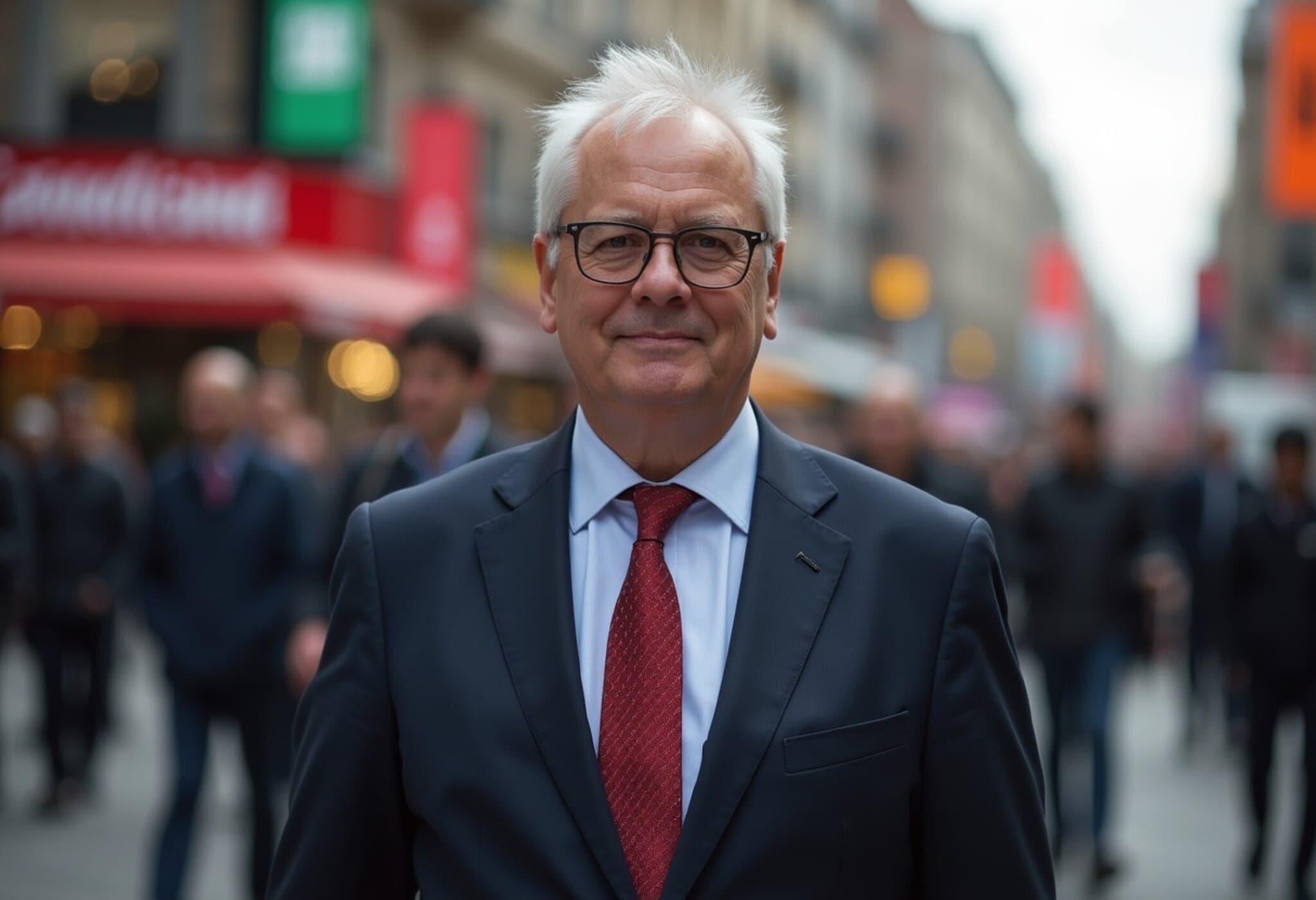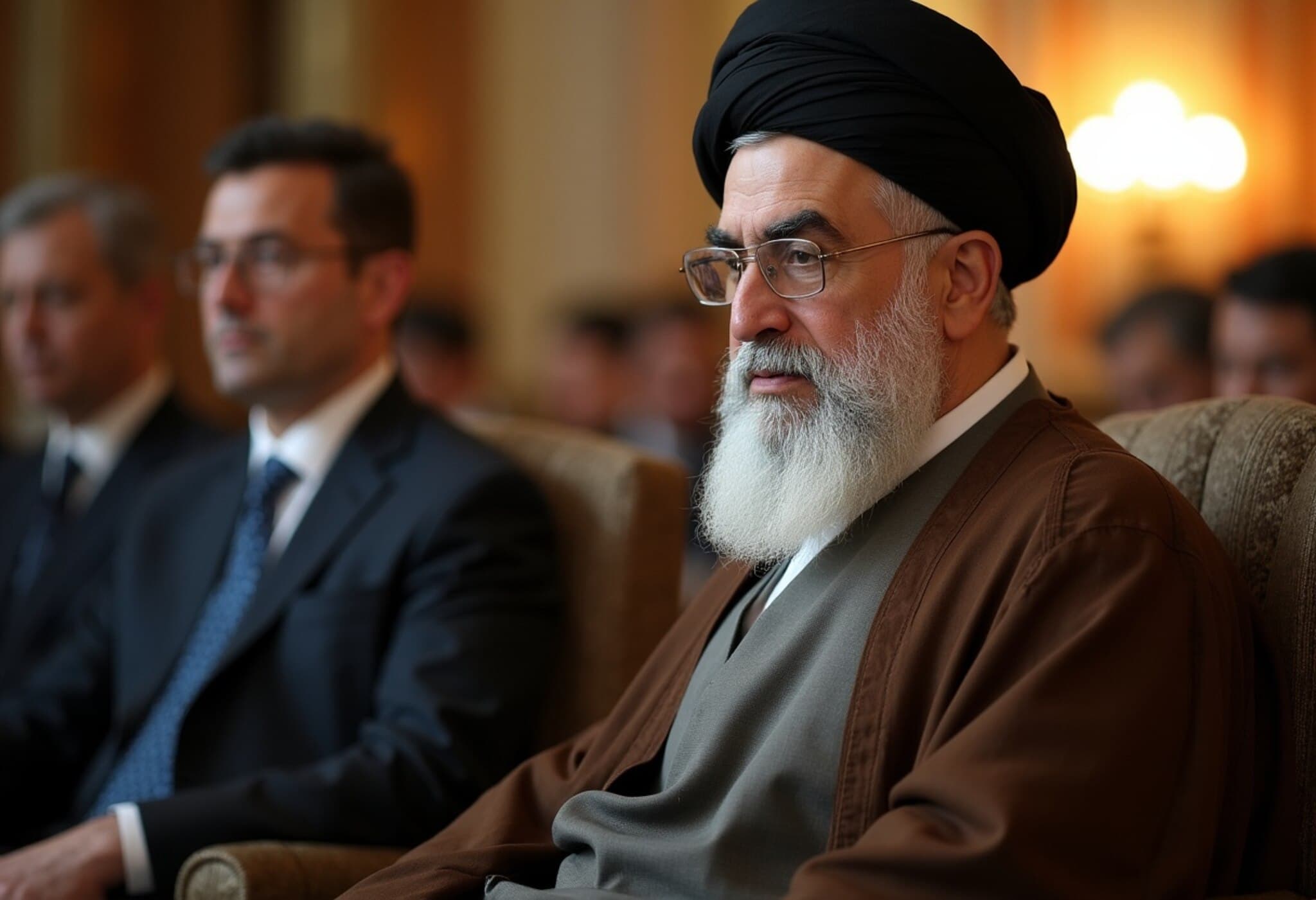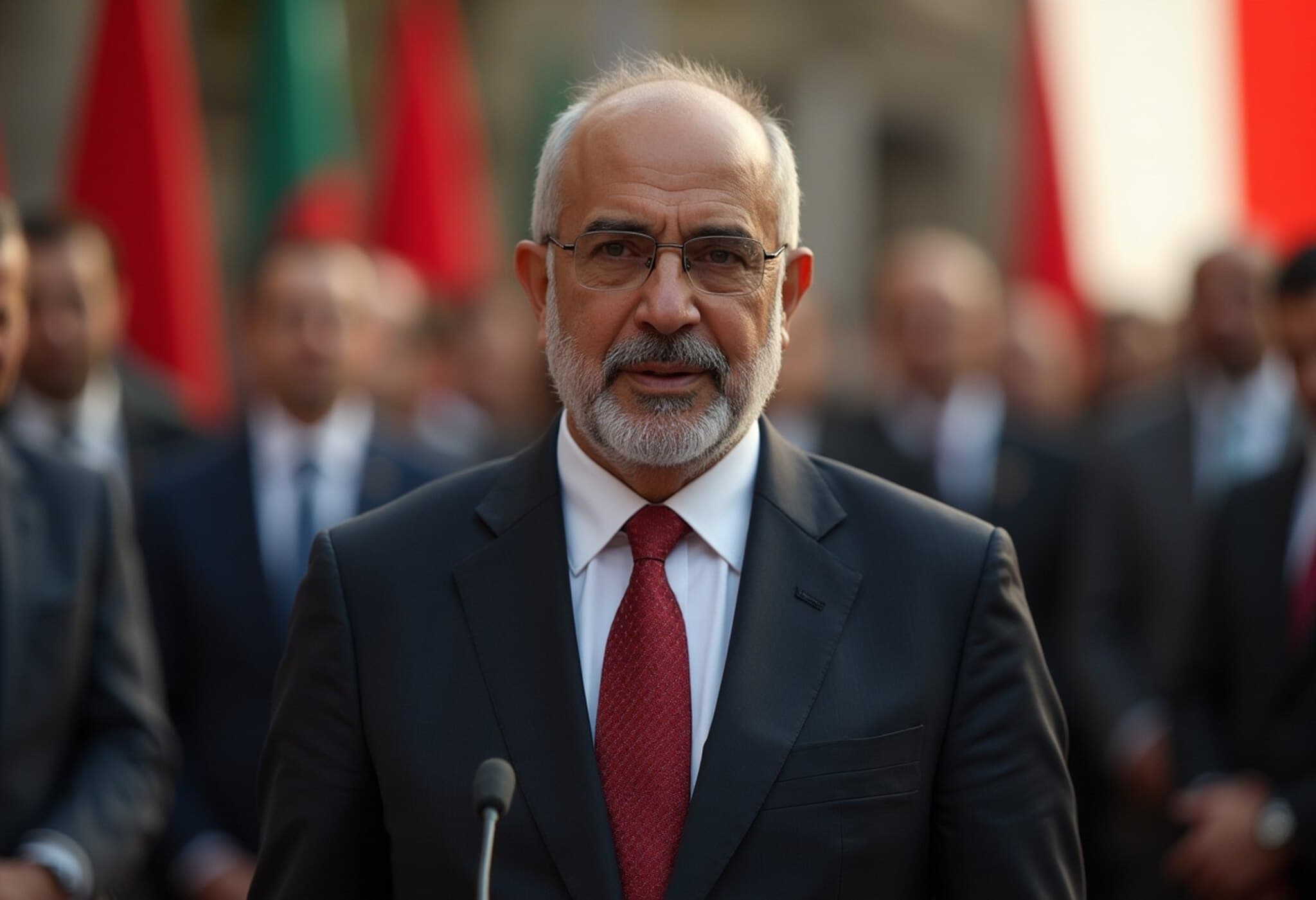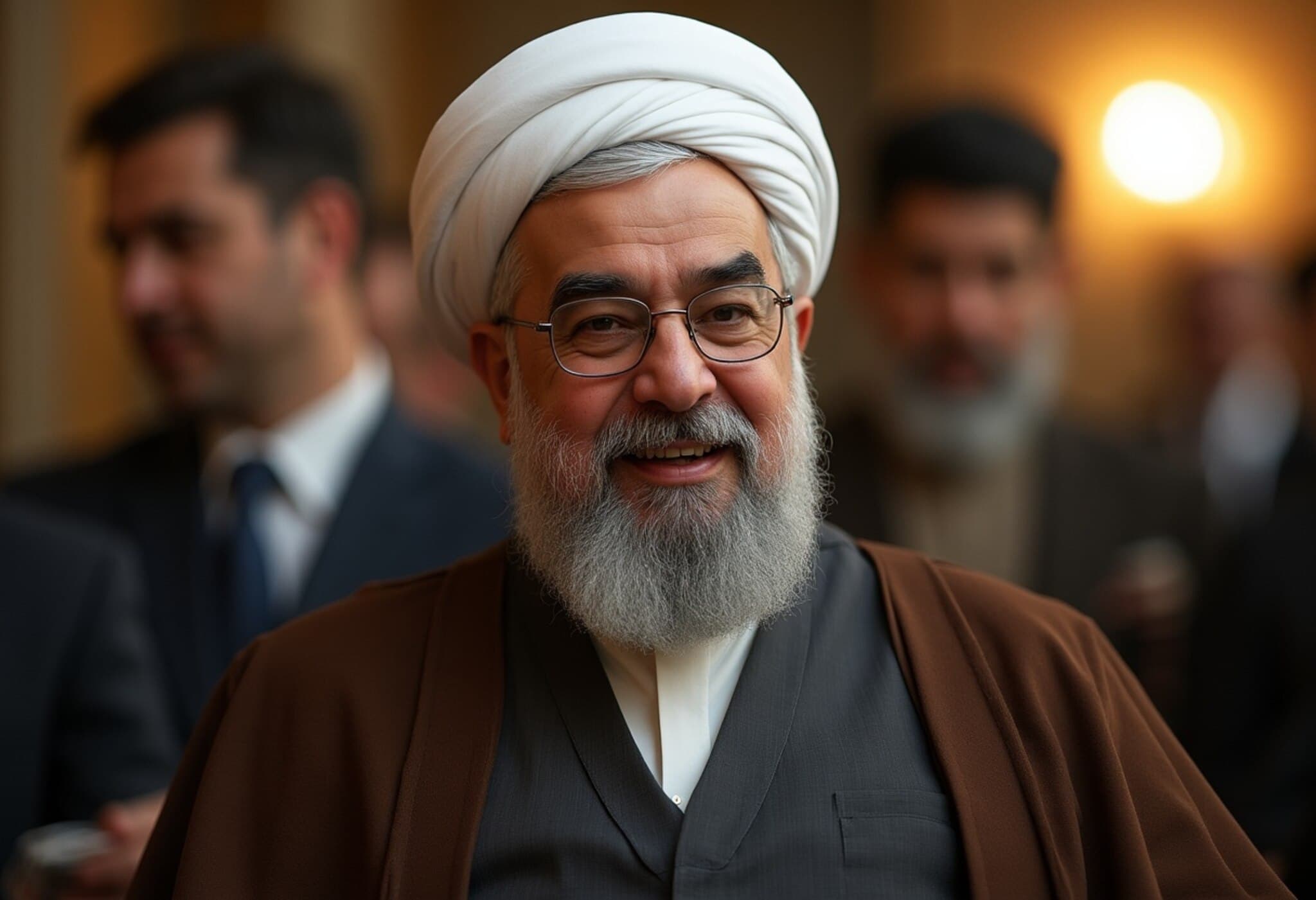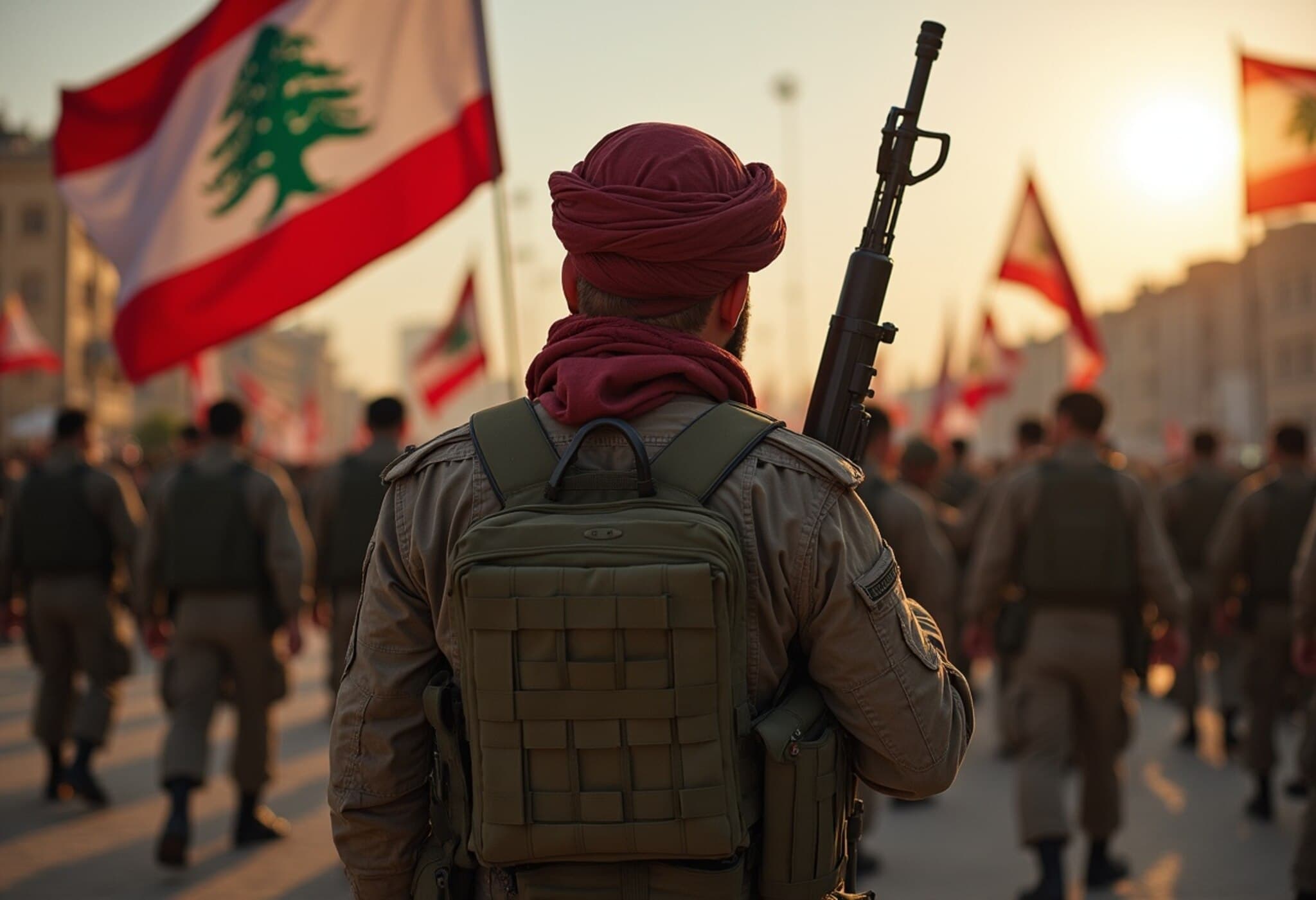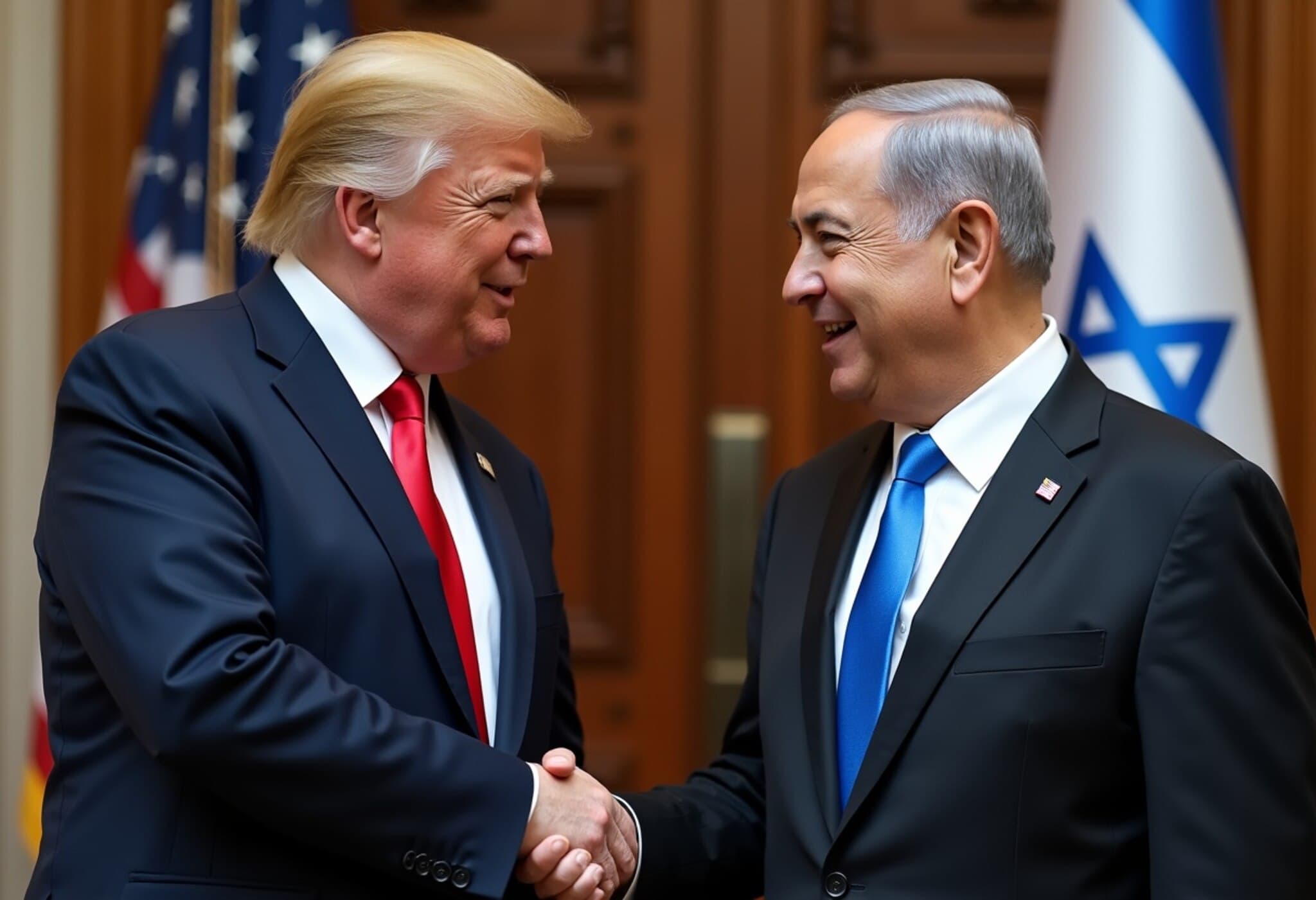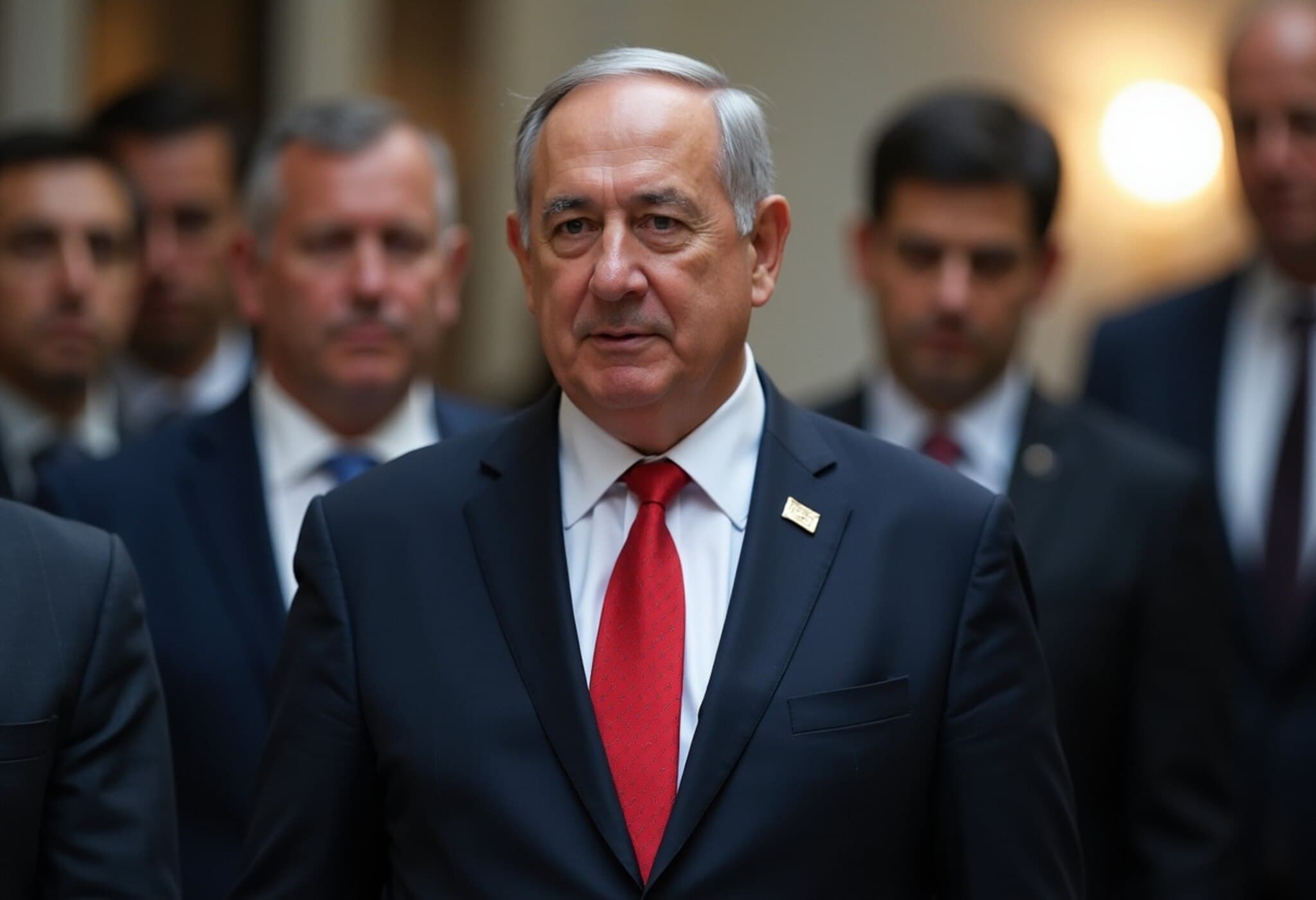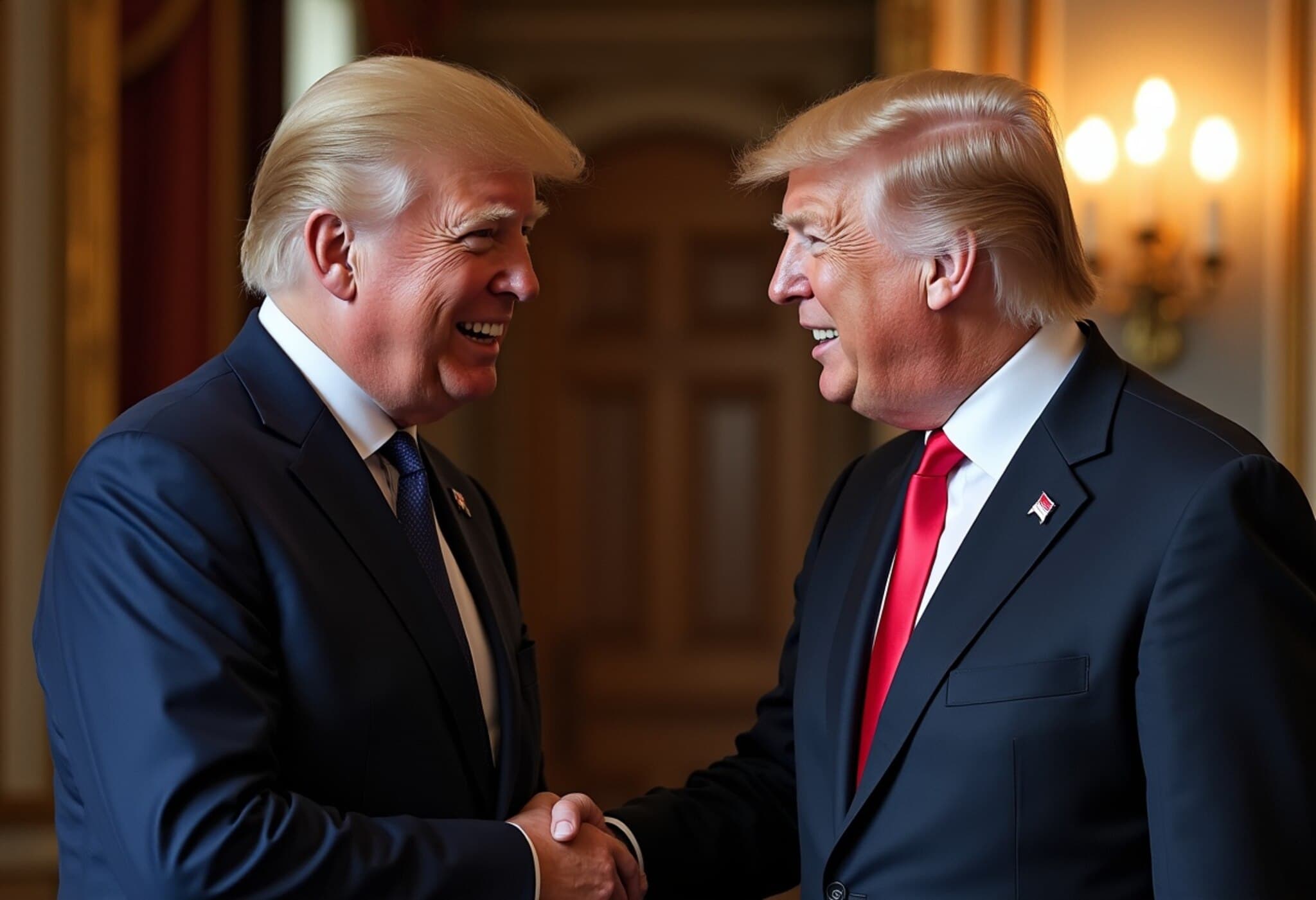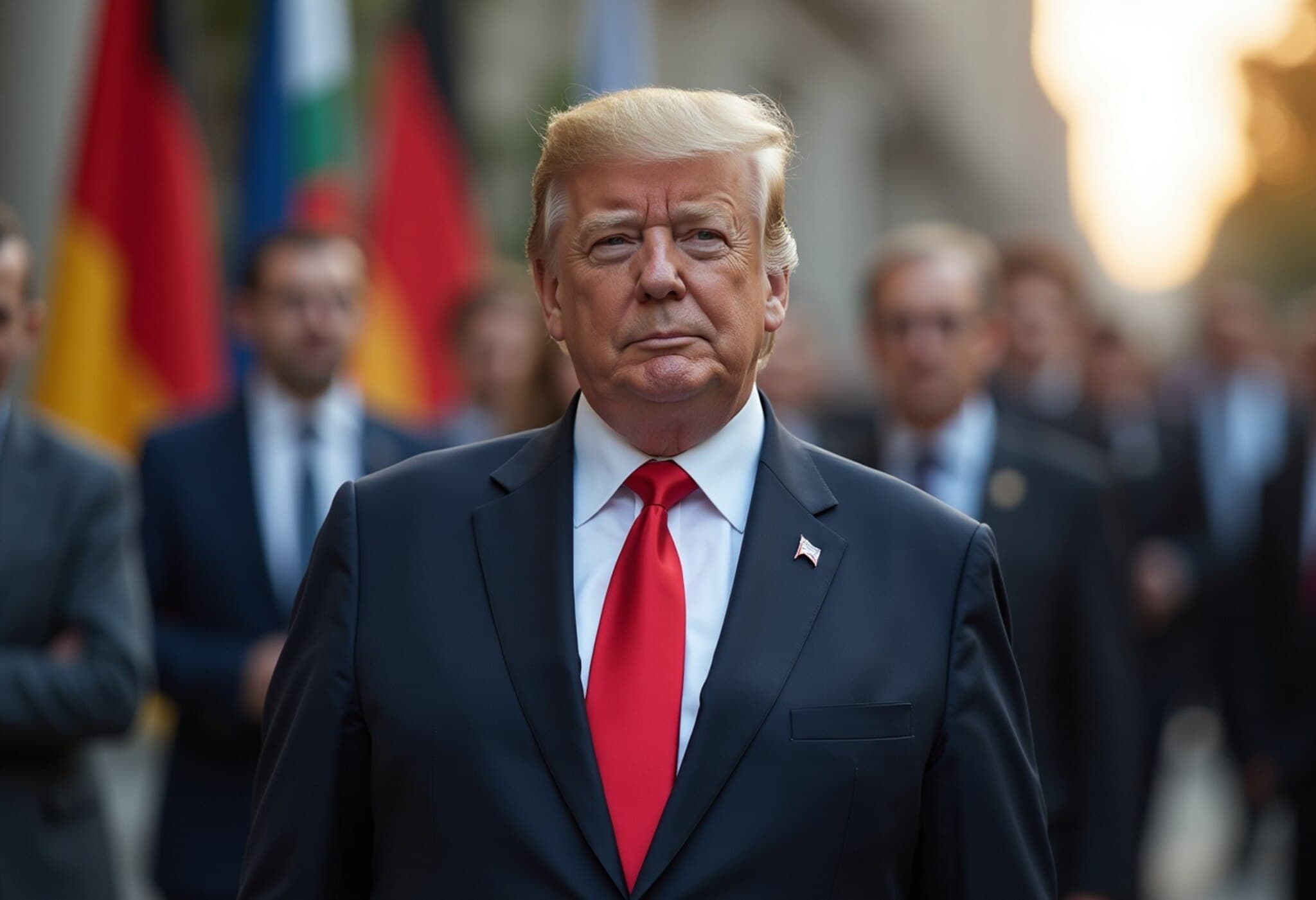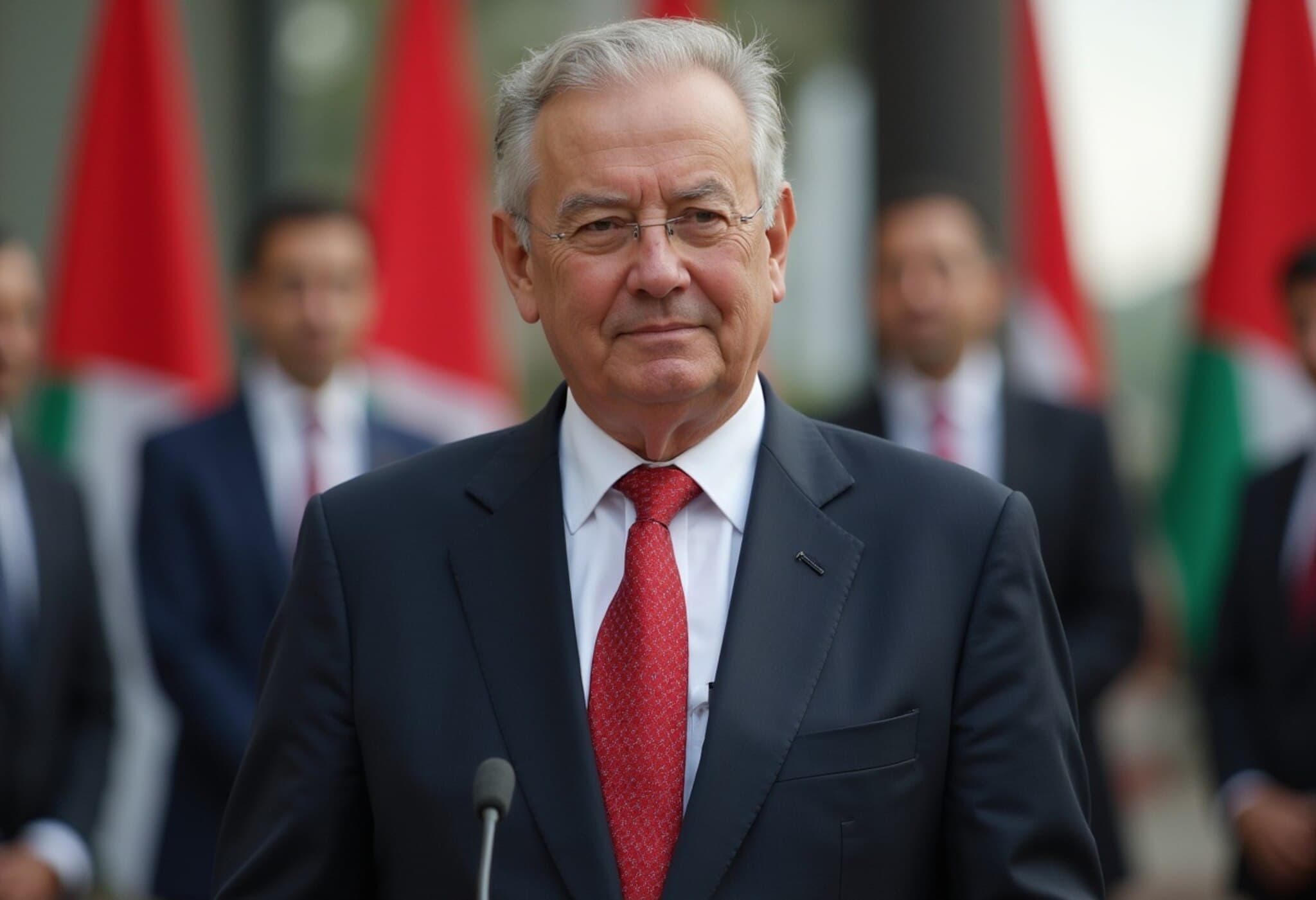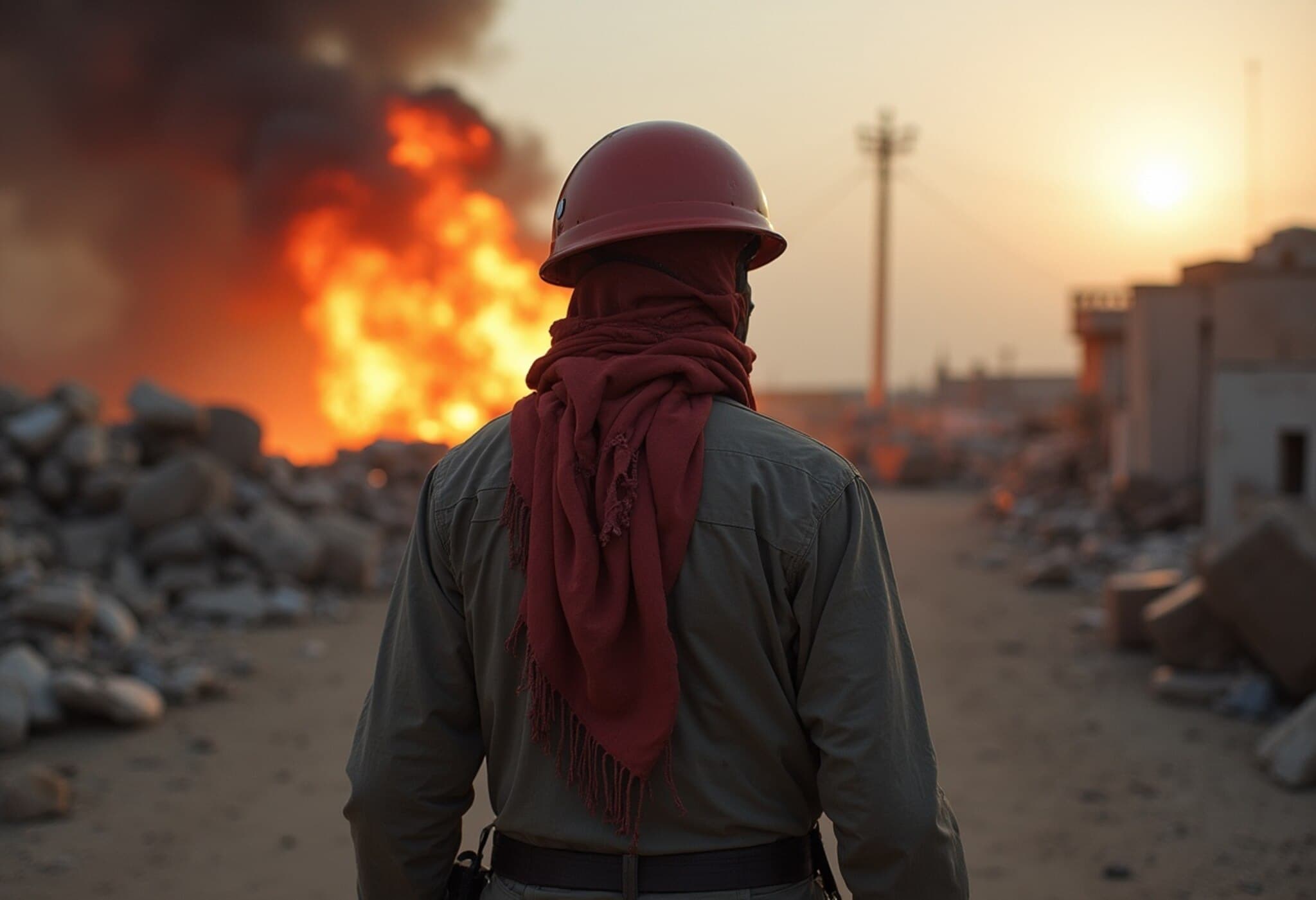UK Prime Minister Keir Starmer Under Growing Pressure Over Palestinian State Recognition
As the humanitarian crisis in Gaza continues to escalate, UK Prime Minister Keir Starmer finds himself at the center of mounting pressure from parliamentarians and political factions urging formal recognition of Palestinian statehood. This significant push comes ahead of the forthcoming United Nations General Assembly, where the issue of Palestine is expected to draw sharp global focus.
Over 220 MPs Call for Formal Recognition
In an unprecedented show of parliamentary solidarity, more than 220 Members of Parliament — equating to nearly one-third of the House of Commons — have co-signed a letter demanding that the UK take a definitive stance by recognizing Palestine as an independent state. The campaign is spearheaded by Labour MP Sarah Champion, who calls on the government to codify its longstanding rhetorical support for a two-state solution with tangible diplomatic action.
“The UK must now outline when and how it will deliver on its commitment to a two-state solution and work with international partners to make it a reality,” Champion stated. She emphasized that while recognition alone cannot resolve the protracted conflict, it is an essential step towards restoring hope for peace and justice.
Starmer’s Cautious Stance Amid Humanitarian Crisis
Earlier this week, in a poignant op-ed, Prime Minister Starmer described the ongoing situation in Gaza as a “humanitarian catastrophe”. He announced plans to airdrop emergency aid and facilitate the evacuation of critically ill Palestinian children, signaling humanitarian concern. However, Starmer stopped short of endorsing immediate recognition of Palestinian statehood, cautioning that any such move should be embedded within a comprehensive peace framework.
“Recognition must come as part of a broader process that delivers lasting peace and security for both Palestinians and Israelis,” Starmer wrote. “It should be used as a tool to maximise impact for those who are suffering — which must always be our ultimate goal.”
Rising Political Tensions and Parliamentary Dynamics
The pressure on Starmer is not confined to Labour ranks. The Scottish National Party (SNP) leader, Stephen Flynn, has publicly warned that if Starmer and the UK government continue to block recognition, the SNP will introduce a Palestine Recognition Bill upon Parliament's return in September. Flynn vowed to push for a vote, underlining how deeply this issue resonates across UK political parties.
A Shifting European Diplomatic Landscape
This internal UK debate reflects broader shifts within Europe. French President Emmanuel Macron recently announced France’s intention to formally support Palestinian statehood at the UN General Assembly, amid fierce criticism from Israel and the United States. Pro-Palestinian advocates have hailed the move as a breakthrough for international advocacy.
Contrastingly, Germany and Italy remain cautious, emphasizing the necessity of a negotiated settlement to ensure any recognition advances peace rather than escalates tensions. Starmer’s conditional stance aligns with these concerns, advocating for recognition as a strategic step in a negotiated peace process rather than a unilateral political gesture.
Contextual Insights: Why This Matters Now
- Humanitarian urgency: The ongoing conflict in Gaza has created one of the most acute humanitarian crises worldwide, putting immense pressure on democratic governments to respond not just with aid but with bold diplomacy.
- UK’s historical role: The UK, having been the mandate power in Palestine until 1948, holds a unique legacy and moral responsibility to contribute meaningfully toward resolving the Israeli-Palestinian conflict.
- Domestic political pressures: The broad parliamentary support for recognition highlights shifting public and political sentiments in the UK, reflecting growing impatience with stalled peace negotiations.
- European diplomatic balance: Europe’s divided approach underscores the complexity of international diplomacy where moral imperatives meet geopolitical calculations—especially involving powerful allies like the US and Israel.
What’s Next?
With the UN General Assembly approaching in September, the UK government faces a pivotal decision that could define its role in Middle East diplomacy for years to come. Whether Starmer will yield to internal disquiet and shift his position remains uncertain. Meanwhile, the voices calling for recognition will likely intensify, reflecting a global yearning for progress in one of the most intractable conflicts of our time.
Editor's Note
The call for the UK to recognize Palestinian statehood is a focal point of broader global debates about justice, sovereignty, and humanitarian responsibility. This moment crystallizes a dilemma faced by many democracies: balancing principled diplomacy with pragmatic peacebuilding. Observers should watch carefully how these dynamics play out in Westminster, as the UK’s stance could resonate well beyond its borders—potentially influencing international norms on conflict resolution and human rights. For readers, the critical question remains: can recognition serve as a catalyst for peace, or will it deepen polarization in a tragic and complex conflict?

